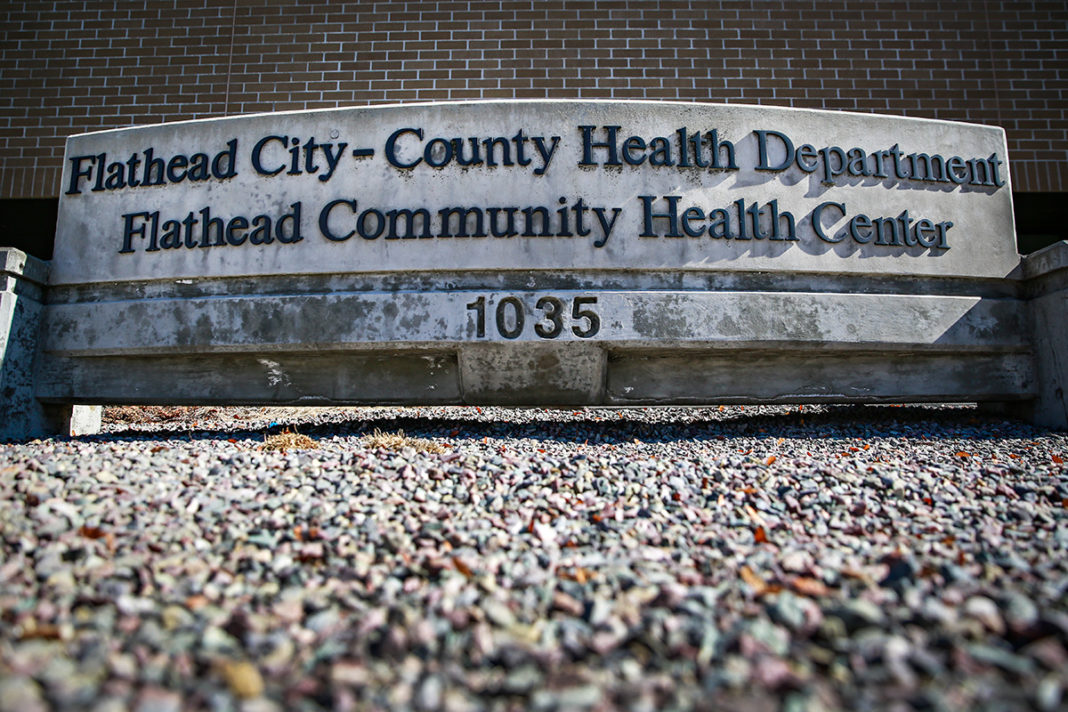After receiving testing results of both clinical and food samples collected as part of an investigation into a Flathead County E. coli outbreak associated with ground beef distributed to local restaurants, the Flathead City-County Health Department released additional information on the outbreak Friday.
The last known date of consumption of any of the ground wagyu beef associated with the outbreak was on July 14, and the city-county health department has stated that public health staff has worked directly with affected businesses to ensure the remaining beef from the contaminated lot associated with the outbreak has been removed from use.
In a press release jointly issued with the Montana Department of Public Health and Human Services (DPHHS), the city-county health department provided further detail about which restaurants were associated with illnesses tied to the outbreak, which sickened 14 people, and is connected to the death of a woman who was previously described as an out-of-state resident over the age of 65.
In all cases, individuals reported eating undercooked or made-to-order burgers, according to the press release, which also quotes Health Officer Jennifer Rankosky as saying that the restaurants involved in the outbreak investigation have been “incredibly cooperative.”
The Gunsight Saloon, Hops Downtown Grill, Tamarack Brewing Company, the Lodge at Whitefish Lake and Harbor Grille are all associated with illnesses that occurred during the outbreak, according to the Friday press release. The press release also states that information provided through case investigation indicates that the person who died was exposed to wagyu beef consumed at the Harbor Grille.
Flathead Fish, the Crawdad Café and the Flathead Lake Lodge also received contaminated wagyu beef from the same source, but no reported illnesses have been associated with those establishments, according to the health department.
The press release says that the source of the outbreak was wagyu beef from one lot number. A “lot number” refers to the way in which meat processing facilities track when products are made. A “lot” refers to source materials, like a group of cattle, which are processed at the same time or within close periods of time, when cleaning may not occur between processing, according to Alicia Love, the Montana Department of Livestock’s bureau chief for meat, milk and egg inspection.
Montana DPHHS became involved after the Flathead health department detected an increase in cases of E. coli on July 10, and reported the information to the state health department. Among the initial cases detected, several were not Flathead County residents, but had sought medical care in Flathead County, according to Jon Ebelt, the communications director for DPHHS. On July 12, DPHHS and the county health department determined that the cases reported had to travel to Flathead County, and an investigation was initiated to find common exposures among cases, according to Ebelt.
The Shiga toxin-producing strain of E. coli 0157 found in the Flathead County outbreak can cause severe stomach cramps, bloody diarrhea, vomiting, fever and chills among those who are infected. The highest risk populations for severe illness include young children, older adults and people with weakened immune systems. Severe cases of infection can lead to hemolytic uremic syndrome, which can lead to kidney failure, permanent health issues and death. Symptoms of an E. coli infection occur between one and 10 days after exposure, with an average of three to four days after exposure.
Infection can be caused by eating raw or undercooked animal products contaminated with Shiga toxin-producing E. coli.
Per the health department, foodborne illness can be prevented by cooking ground beef and pork to a minimum internal temperature of 160 degrees Fahrenheit, and to not eat raw or undercooked ground beef. People should carefully wash hands with soap and warm water after using the bathroom and changing diapers, and before handling or eating any food.
Over roughly the last decade, stretching from 2014-2023, there have been six outbreaks of Shiga toxin-producing E. coli (STEC) outbreaks reported to DPHHS. STEC is a type of E. coli infection, and is the type that is reportable in Montana, according to DPHHS. Two of the six outbreaks reported in the state over that period were linked to multi-state outbreaks tied to contaminated grocery store items.
mike@flatheadbeacon.com


